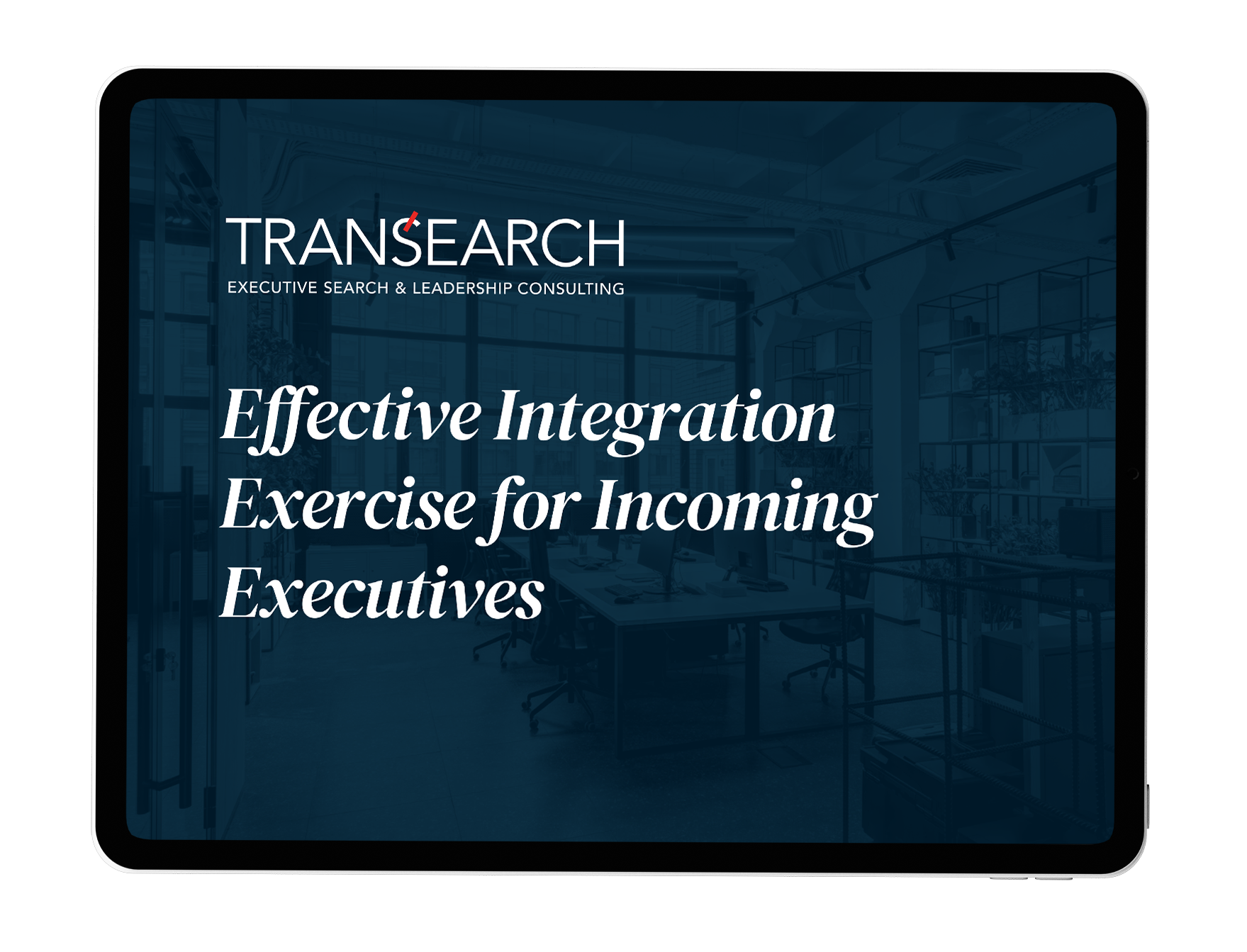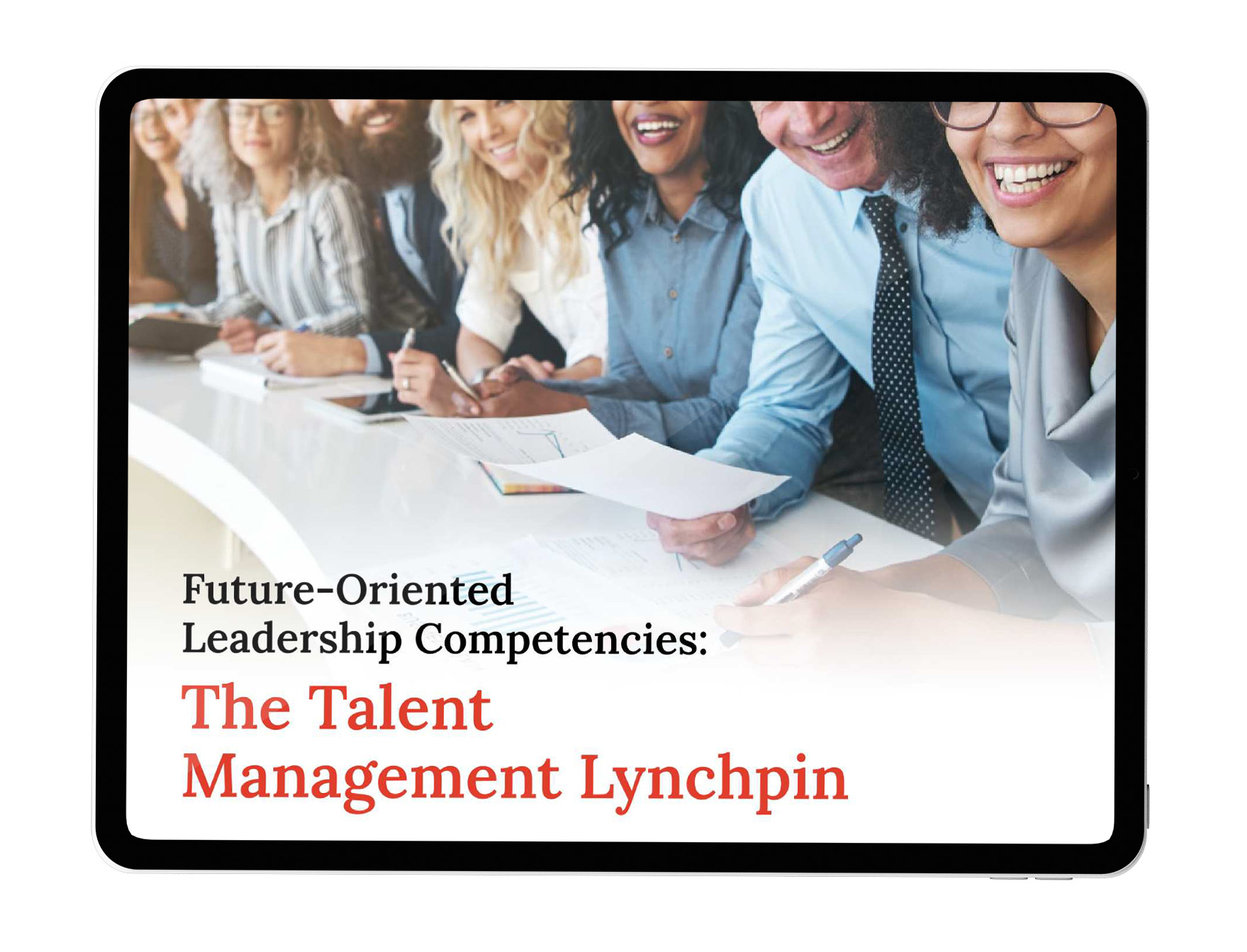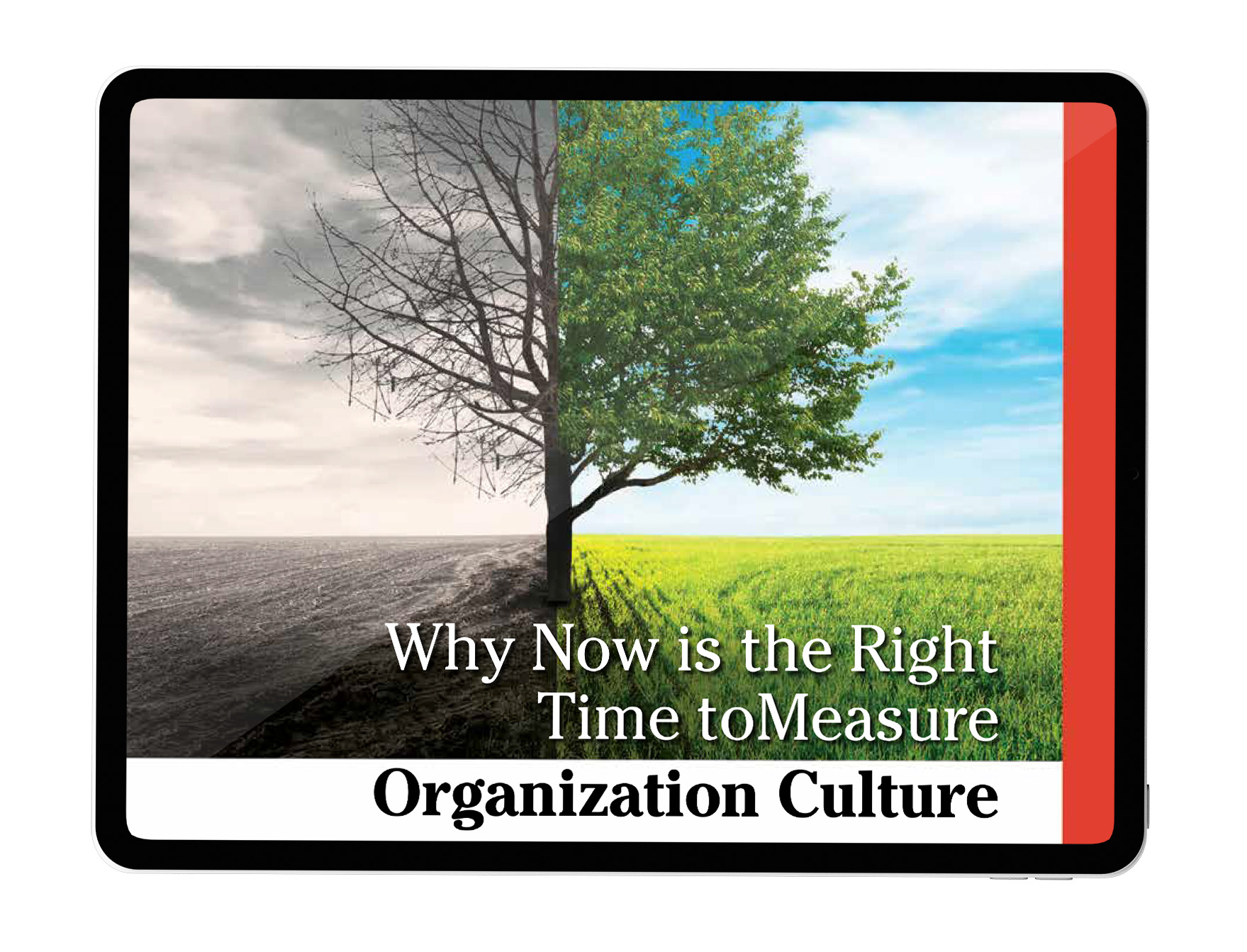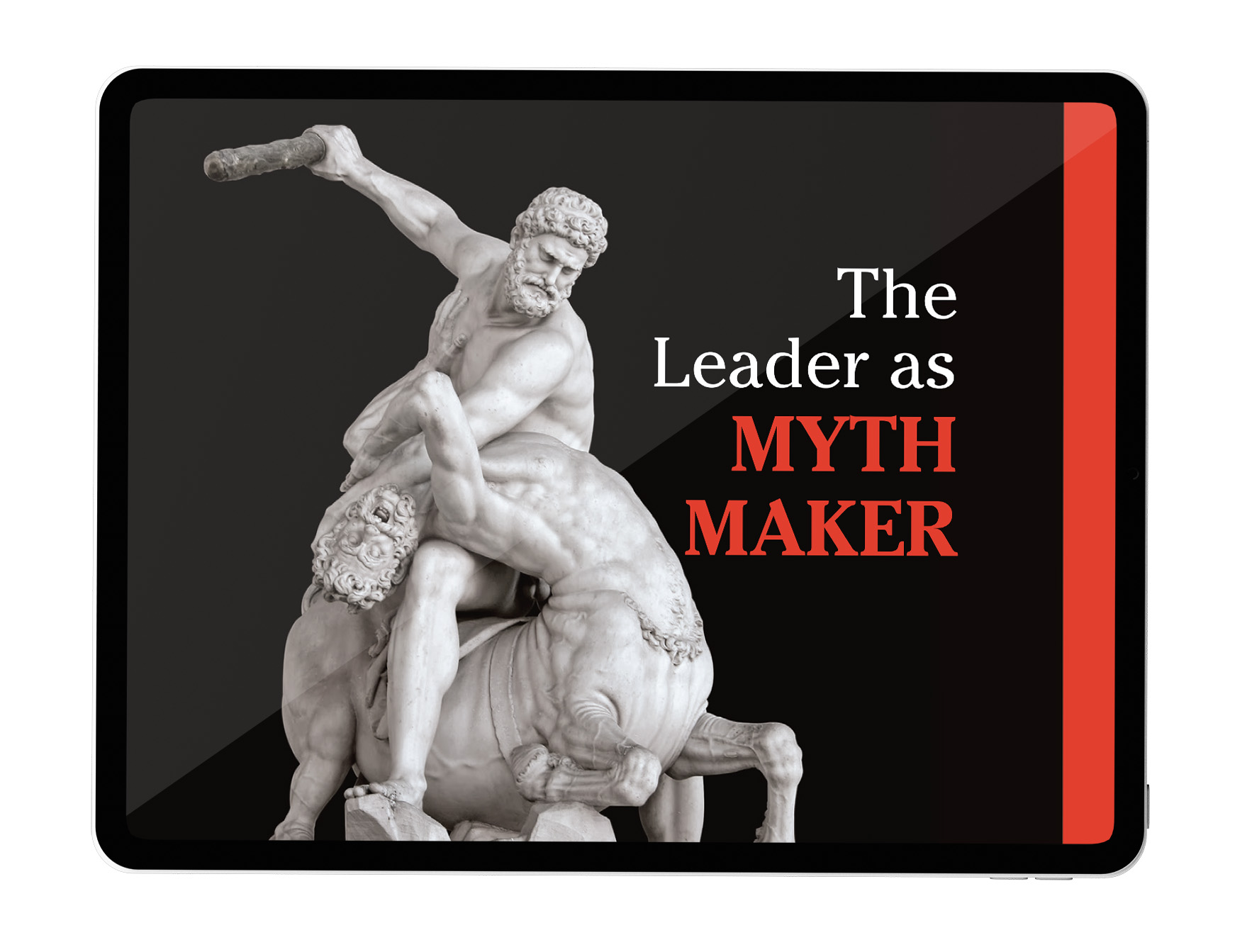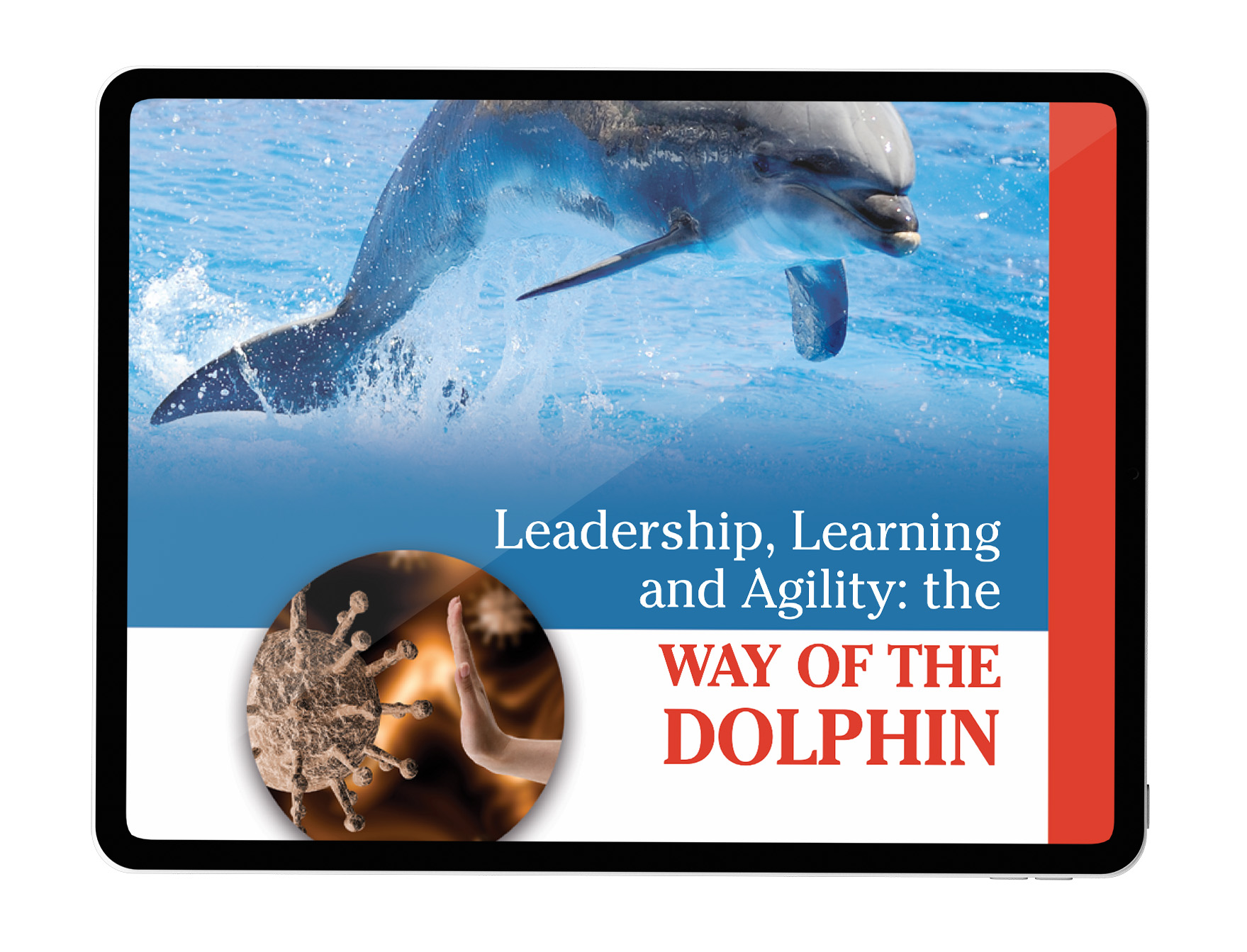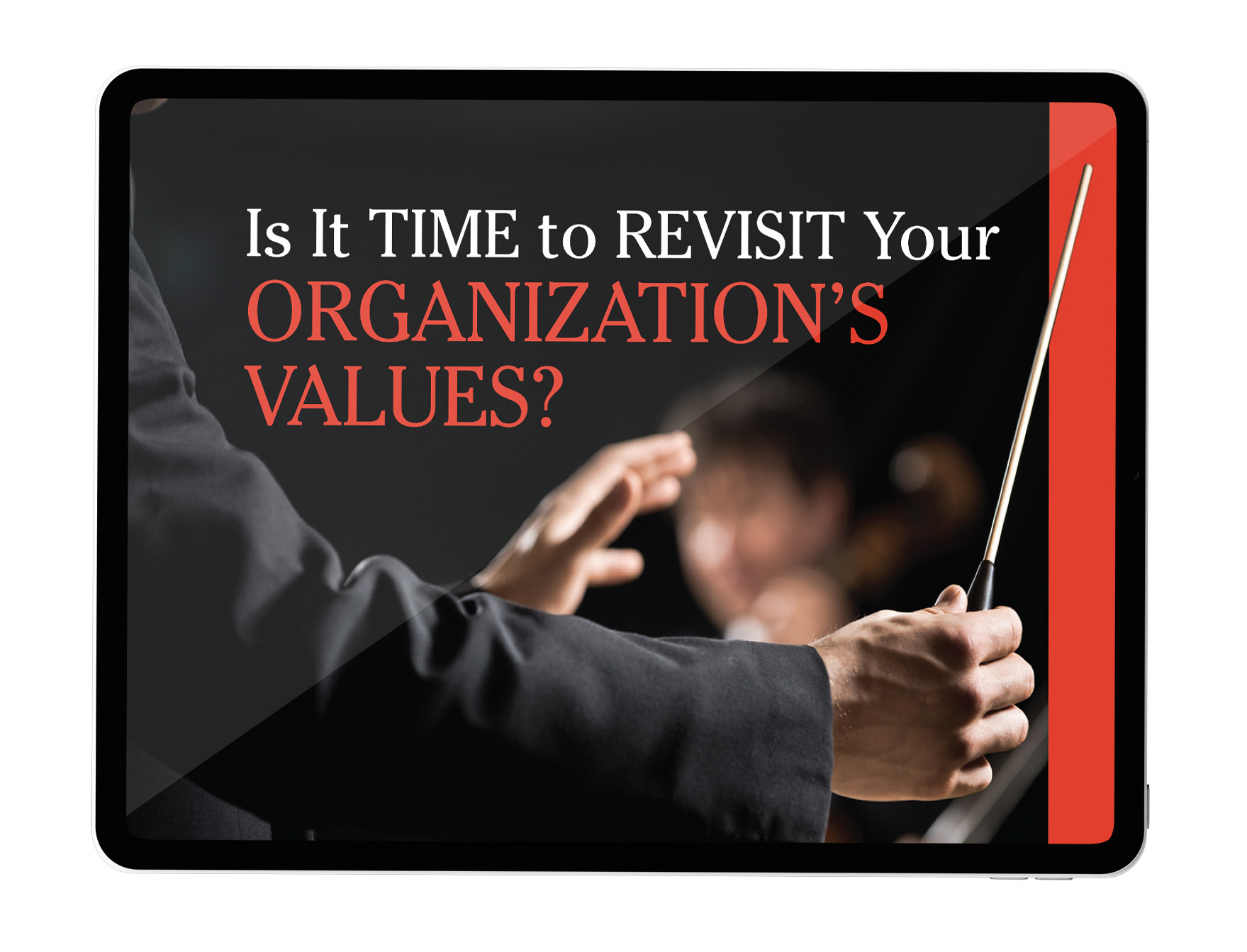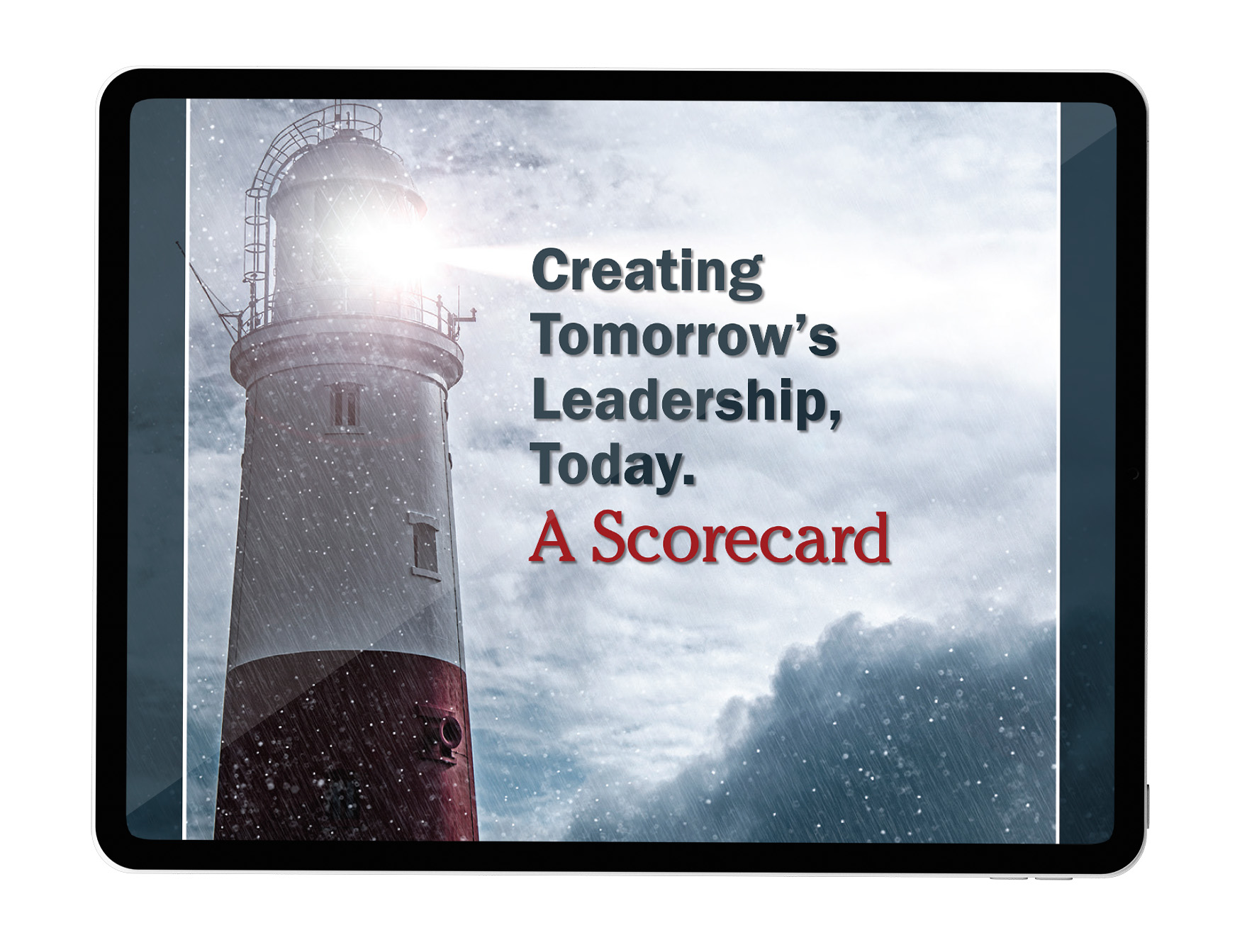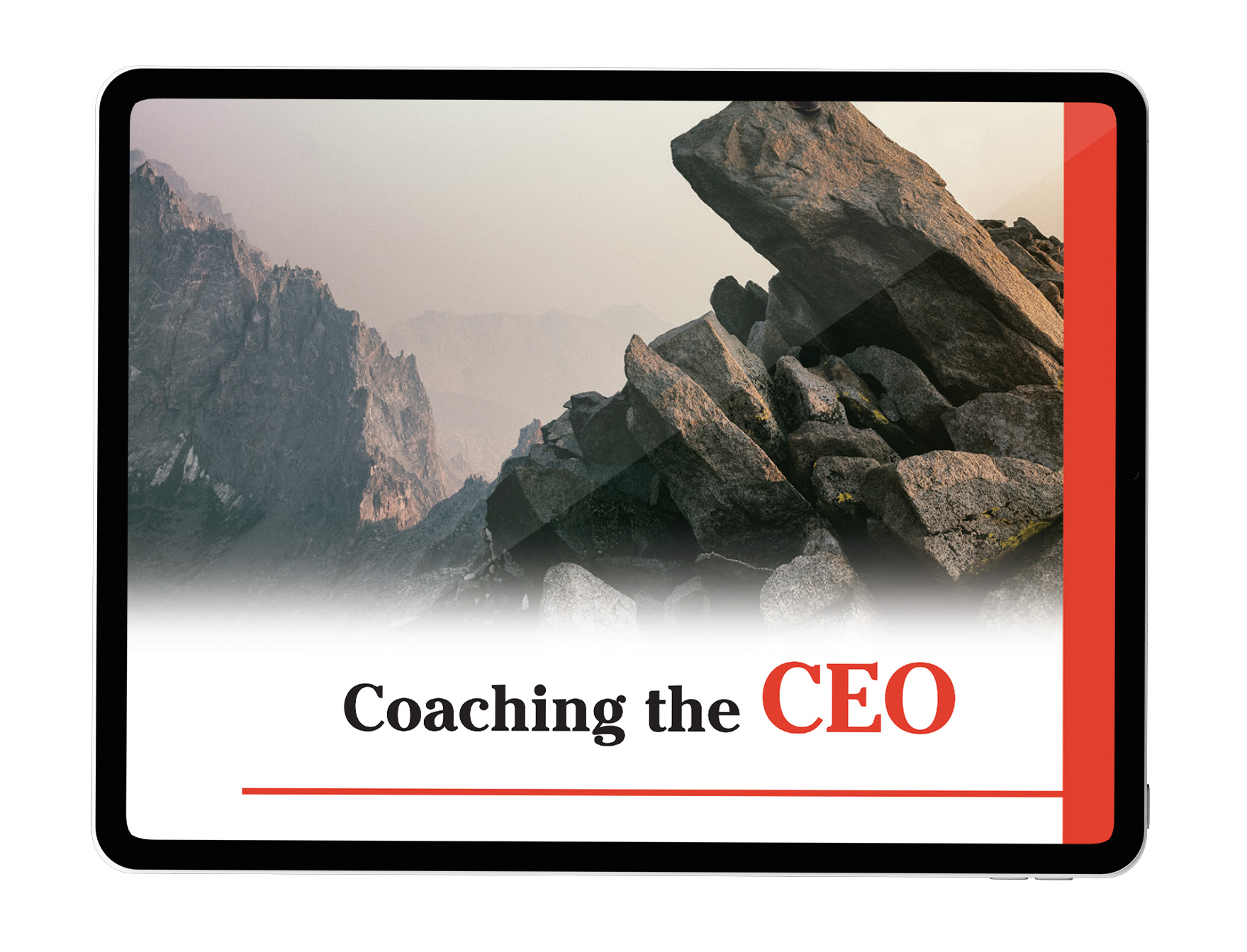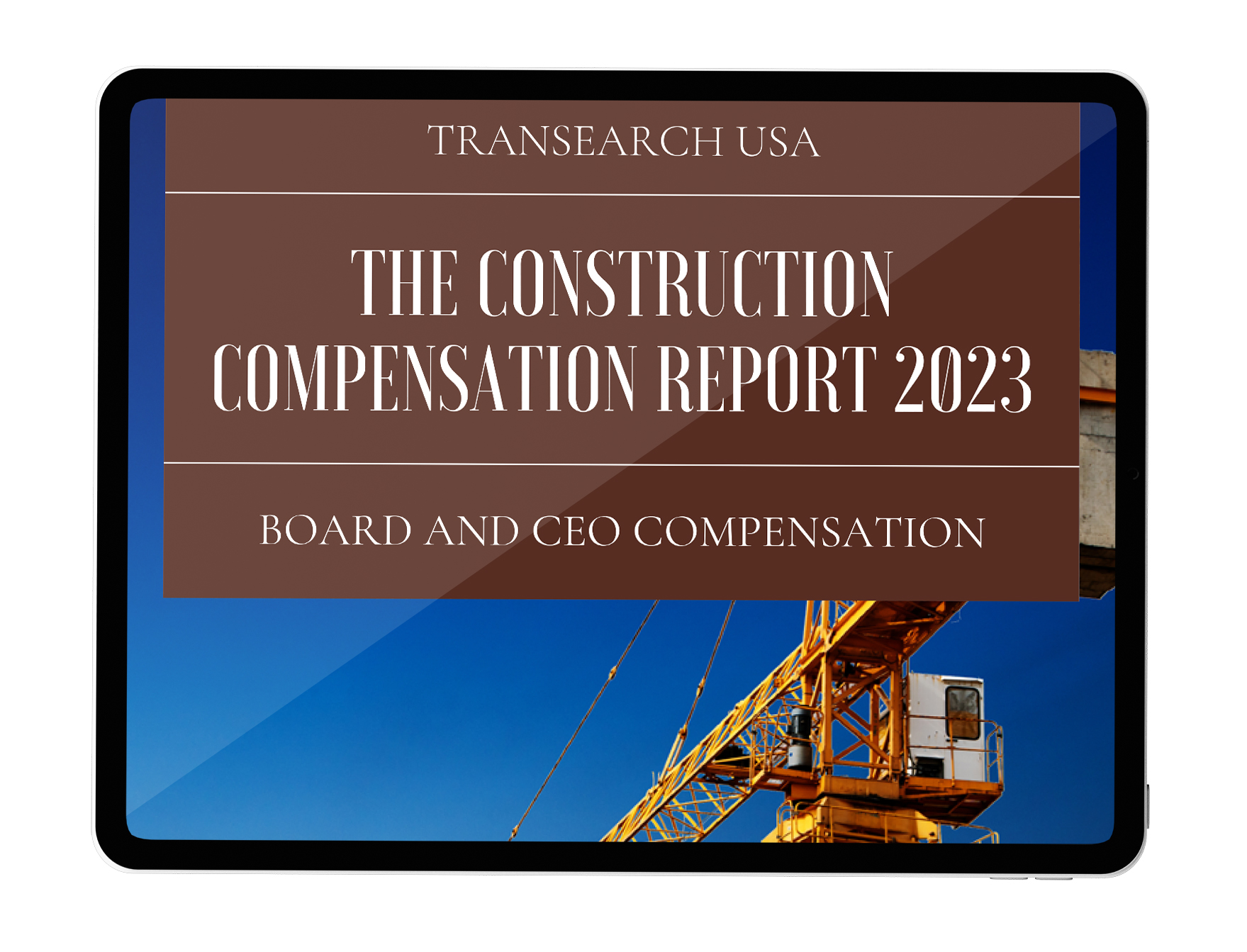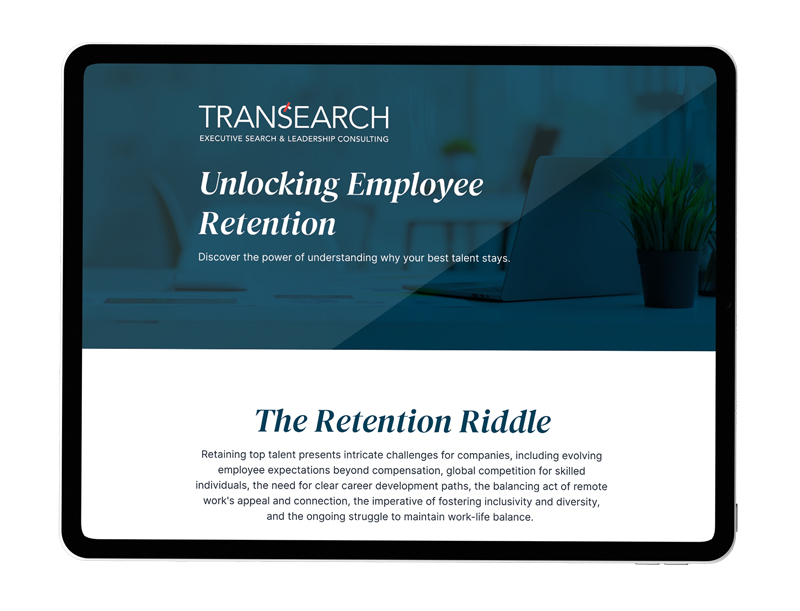The success of a private equity firm often hinges on the strength of its leadership team. Private equity leadership is not just about managing investments and achieving financial returns; it’s about steering the organization toward long-term growth and sustainability. In this dynamic and competitive industry, a strong leadership team is essential for navigating complex market landscapes, identifying and capitalizing on lucrative investment opportunities, and mitigating risks.
Why Private Equity Leadership Is Important
Leadership in private equity is crucial for several reasons. First, it drives the firm’s strategic vision and direction. A strong private equity leadership team can identify and seize investment opportunities, navigate market challenges, and adapt to changing economic conditions. Second, effective leadership fosters a culture of excellence and accountability, which is essential for maximizing returns and minimizing risks. Finally, leadership plays a pivotal role in talent retention and development, ensuring that the firm attracts and retains top talent.
Private equity firms often operate in a high-stakes environment where decisions can have significant financial implications. Therefore, it’s vital to have a capable leadership team to make informed, strategic decisions. Strong leadership also ensures that the firm’s values, goals, and culture are aligned, creating a cohesive and motivated team.
Steps to Develop Private Equity Leadership
Developing private equity leadership involves a deliberate and structured approach to identifying, nurturing, and empowering leaders who can guide the firm through complex challenges and capitalize on emerging opportunities. Here are some essential steps to help cultivate a robust private equity leadership team.
1. Identify Key Leadership Roles and Competencies
Start by defining the critical leadership roles within your firm. These roles might include managing partners, investment directors, and operational leaders. Once these roles are identified, outline the specific competencies and skills required for each position. This may include financial acumen, strategic thinking, negotiation skills, and industry-specific knowledge.
2. Recruit and Select the Right Leaders
Recruitment is a critical step in building a strong leadership team. Look for individuals who not only possess the required skills but also align with the firm’s values and culture. Consider both internal promotions and external hires, as each can bring unique perspectives and experiences. Utilize a thorough selection process, including interviews, assessments, and reference checks, to ensure the best fit.
3. Invest in Leadership Development
Continuous learning and development are essential for maintaining a high-performing leadership team. Provide opportunities for professional development, such as training programs, workshops, and mentoring. Encourage leaders to stay updated on industry trends and best practices. This investment in development will help leaders enhance their skills and stay ahead in a competitive market.
4. Foster a Collaborative Culture
A successful private equity firm thrives on collaboration and teamwork. Encourage open communication and knowledge sharing among leaders. Create an environment where different perspectives are valued, and leaders can work together to solve complex challenges. This collaborative culture not only strengthens the leadership team but also promotes innovation and adaptability.
5. Evaluate and Adjust Leadership Strategies
Regularly assess the performance of your leadership team and the effectiveness of your leadership strategies. Use performance metrics, feedback from team members, and industry benchmarks to evaluate progress. Be open to making adjustments as needed, whether it’s refining roles, updating development programs, or addressing any gaps in leadership skills.
Build Strong Leadership With TRANSEARCH
Private equity leadership is about more than just managing assets; it’s about guiding the firm toward sustained growth and success. By identifying key roles, recruiting the right leaders, investing in their development, fostering a collaborative culture, and regularly evaluating strategies, your firm can build a leadership team that drives excellence and delivers outstanding results.
At TRANSEARCH, we understand the critical role that leadership plays in the success of private equity firms. With our proprietary innovation, world-class industry experts, and unparalleled global network, we are uniquely positioned to assist you in finding the right leader for your business.
Contact us today to learn more about how we can help you find the perfect leader to drive your firm’s success.














